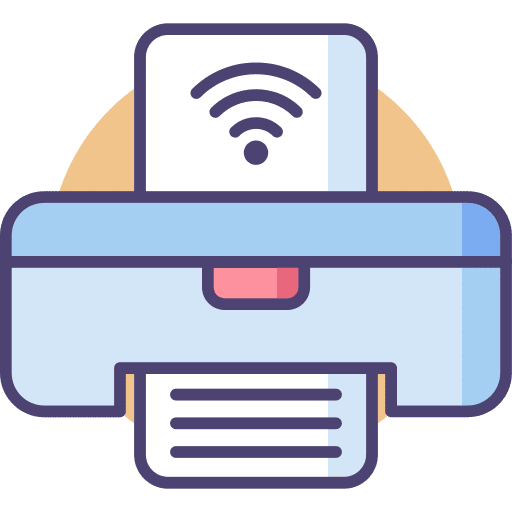Access control in healthcare settings is an important part of the process of improving the quality of care and improving the health of the population. Ensuring that the applications used in healthcare facilities and the data they process can be accessed quickly and accurately is often vital. Ensure the confidentiality, integrity, and availability of medical information stored in these applications.
Problems with access rights in healthcare organizations are quite common, and AWS Automation Testing Solution fights them. In this area, mistakes and shortcomings can lead to terrible consequences, ask for help in advance to prevent this.

What problems can arise
1. Leaks of sensitive medical data due to compromised access rights
Recently, almost all medical facilities have switched to storing medical records electronically. This increases the speed and quality of care, reduces administration costs, and improves public health.
Healthcare works with people and produces more data than any other industry. This data, which involves both technology and patients, can become vulnerable and subject to distortion or theft. The number of leaks of sensitive information due to compromised accounts, and hacking with unauthorized access in the healthcare system is increasing daily.
2. Emergency access for medical personnel during emergencies
Also around the world faced an emergency situation caused by COVID-19. Naturally, few people were prepared for such a development, and many organizations in the industry found problems.
More hospital beds and additional medical equipment were needed. In turn, this caused the need to expand the medical staff – thousands of doctors and nurses, students, and volunteers were attracted to work in healthcare organizations. Many of them had to be urgently retrained, they had to be provided with emergency access to information systems.
3. Increase in requests for access due to new IT systems being implemented in healthcare facilities
Along with the growth in the number of staff, the range of healthcare and counseling software being implemented in healthcare organizations is also expanding. This very convenient tool gives healthcare professionals quick access to medical data from both a desktop computer and a mobile device. Each new IT system generates a surge in requests for rapid access to it, even if only part of the medical staff needs it.
Obviously, it is impossible to solve all of the above access management problems using only the manual labor of medical IT specialists. Healthcare organizations need to adopt automated access control systems.
If you want to compare the performance of a medical institution before and after the implementation of automation technologies, you should pay attention to the following aspects:
- Reduction in the number of unreasonably expensive tests and repeated laboratory tests
- office capacity (due to the use of electronic scheduling with the function of optimal loading of medical staff)
- Time for reports preparation
- Speed of searching and processing data, and speed of preparing documents
- Use of resources, including human resources, when one and the same amount of work is performed by fewer people, including savings in the amount of medicines and consumables
Today on the medical information systems market, supply exceeds demand. To make the right choice, it is necessary to assess the needs of a medical institution.








